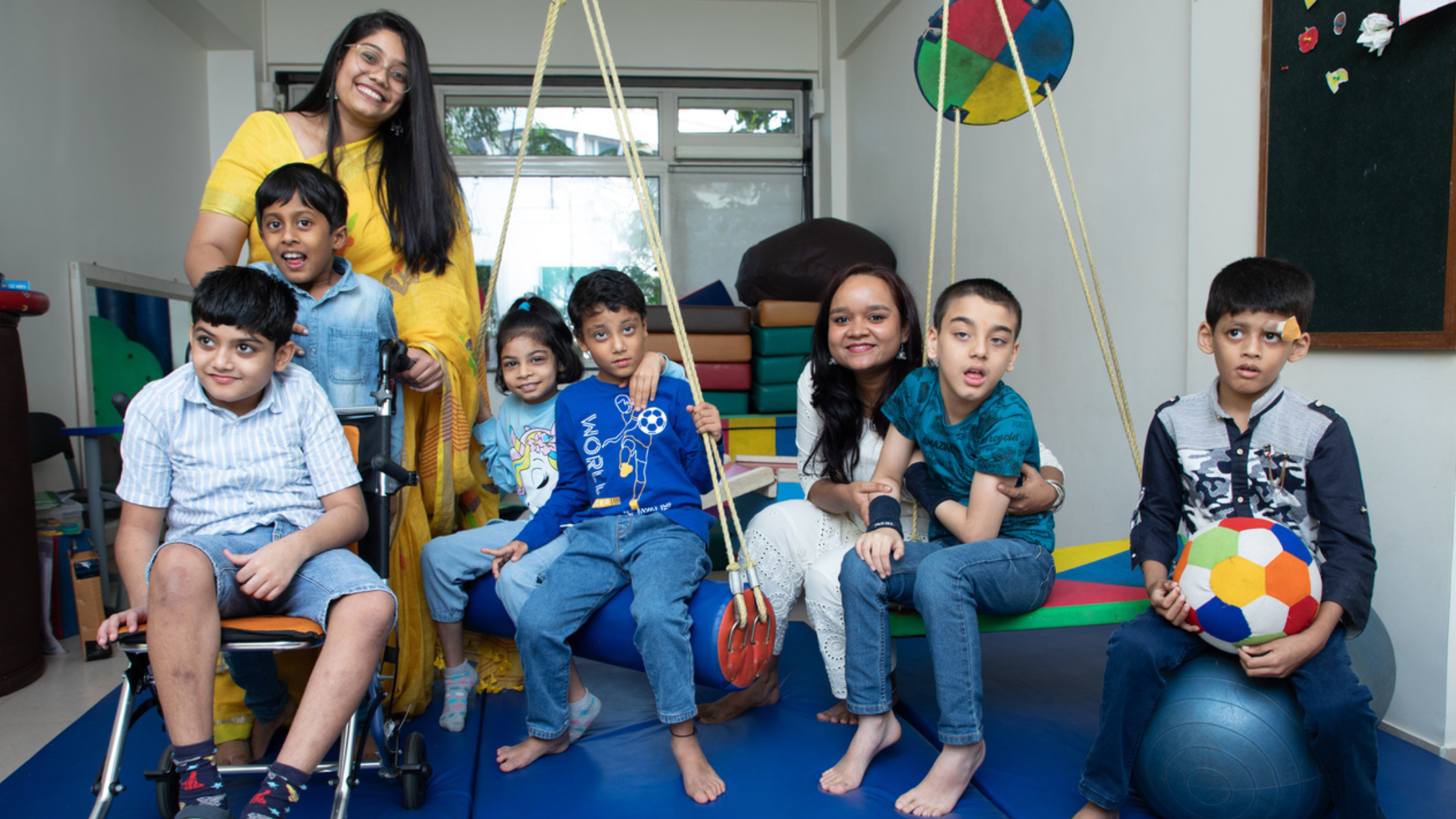

Aditya Birla Integrated School is one of the
top 10 schools in India and the
best specialized school for ADHD and Autism. One of its main features is that it includes
remedial teaching.
Remedial education is a
type of education designed to help students with learning disabilities. This is training for students who have
difficulty improving their skills.
This is useful for students with:
-reading, writing, and math problems
-behavior problems such as attention,
listening, and discipline problems
We have specially trained
teachers to provide students with the necessary guidance and help students eliminate learning problems.
Empowering students through remedial support at The Aditya Birla
Integrated School involves providing
targeted assistance to help them overcome learning challenges and build important and basic skills. Here are some
strategies, approaches, and teaching methods that we make use of.
We create individualized
IEPs that outline educational goals, resources, and strategies for students' unique needs.
We consistently review and update the IEP
based on evaluation and progress.
We prioritize developing
skills that will help our students in school and, more importantly, in life.
A few
domains that we cater to in remediation are:
Reading
and pre-reading
Writing
Comprehension
Fine/gross
motor skills
Organisation
skills
Logical
reasoning
Cause
and effect relationship
Problem-Solving
Public
Speaking and Communication
We have different sections in school with professional speech therapists employed to look into the speech aspects of the child. The remediation is done through several techniques that help the child progress in his/her speech. Specially designed speech therapy rooms with the required resources contribute largely to the improvement of the child. 'One is to one session' is what makes it more effective for the child to progress faster.
We have special Occupational therapy rooms that are well equipped with resources to enhance the child’s fine and gross motor skills like pencil grip, using scissors, tying shoes, eating food, etc.
Well-qualified
and experienced Occupational therapists play a vital role in bringing
about great progress in the child.
We
furnish targeted remedial support in small groups with few students to give
a discourse to specific academic areas
where students need help.
This
allows for more personalized attention and customized instruction.
Children
are grouped based on their needs and progress so the facilitator can cover material where extra help is needed.
Each
small group is flexible, with opportunities for the teacher to distinguish instruction and provide for each student’s
needs to help them improve their skills and
increase their knowledge.
We use multisensory teaching methods to support different learning
styles, thus making it easier for
students with different learning needs.
We
utilize visual aids, hands-on activities, and auditory cues to reinforce
concepts.
We
also use visual, auditory, and kinesthetic-tactile modes of instruction
that enhance the child’s memory and
ability to learn.
We include taste, smell, touch, sight, hearing, and movement in our remedial lessons.
At TABIS, we provide educational technology tools and software to meet the individual’s learnin g needs and provide interactive communication. We run online quizzes, games, and activities in Wordwall.
We also include PPTs and videos in our facilitation.
At TABIS, we foster an inclusive and supportive classroom environment where students feel valued and accepted which is our main priority.
We encourage peer support and collaboration to
create a sense of community.
We believe in providing a safe place socially and emotionally. How do we do that?
● We provide a sensitive
environment.
● We provide encouragement and
guided learning.
● We provide a quiet area/
calming corner. We express positive regard and
support.
● We facilitate student voice,
autonomy, and independence.
● We set clear classroom expectations.
We use regular assessments to monitor the student's progress and identify areas that need additional support. We have rubrics based on the content to be evaluated and accordingly mark the child’s steady progress.
At TABIS we have qualified teachers and support staff with the skills to meet the needs of students. We provide professional development opportunities to develop skills in supporting studen ts through a variety of challenges.
We communicate with parents/guardians to keep them informed about their child's progress. We attach importance to this because it allows us to understand the changes that chil dren see at home and how the knowledge gained at school is used at home. Ultimately, consensus helps children learn better. We strive to make a positive difference for c hildren everyday by providing and sharing new ideas that parents need to take outsid e of school to make a difference in their children's lives.
We promote a positive and inclusive school culture that encourages individuality and tolerance. Not only in terms of academics but also in terms of being socially and emotionally sound, we carry out activities during remediation.
We ensure that each child is accepted in a way that helps them develop trust in relati onships.
We ensure that these activities are
intellectual and skill-based, not content based so that the child acquires the
knowledge and skills that will help him in his education. Games, conversations,
arts, crafts, etc play an important role in remediation because if the child likes these things and
enjoys something that interests him, he will learn more.
Aditya Birla Integrated School combines these ideas
to create a supportive and engagi ng learning environment that guides students to realize their potential.
On going collaboration between teachers, therapists, parents, and support staff contributes to
the success of these initiatives in our schools.